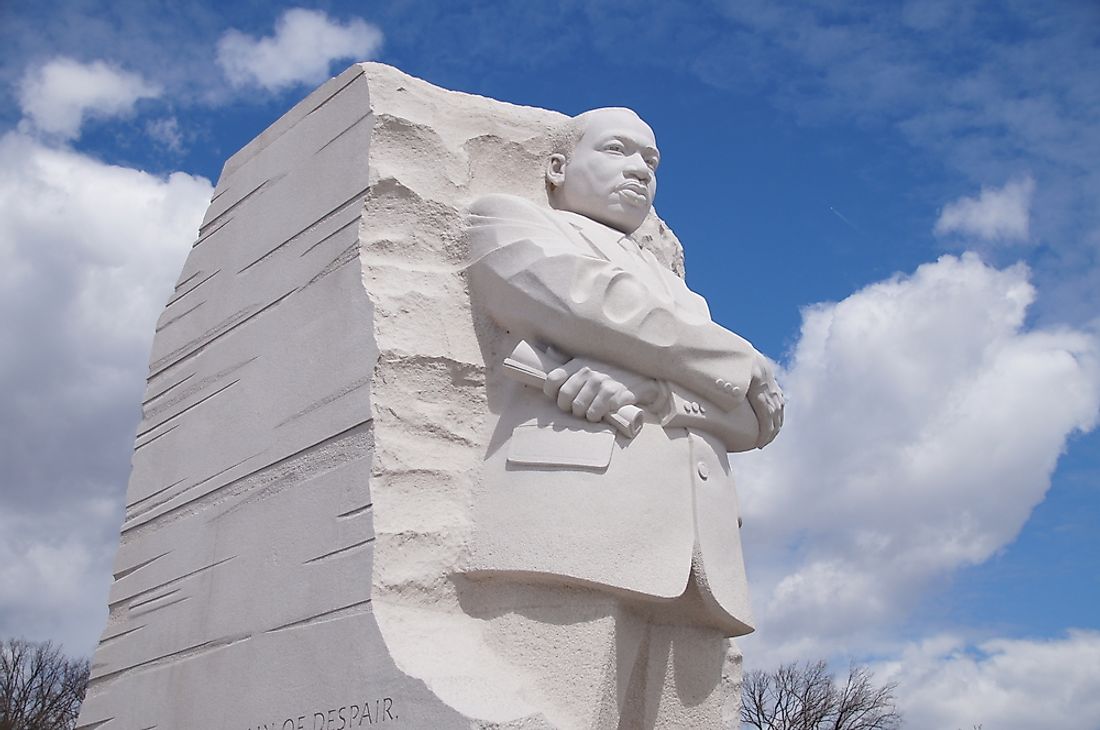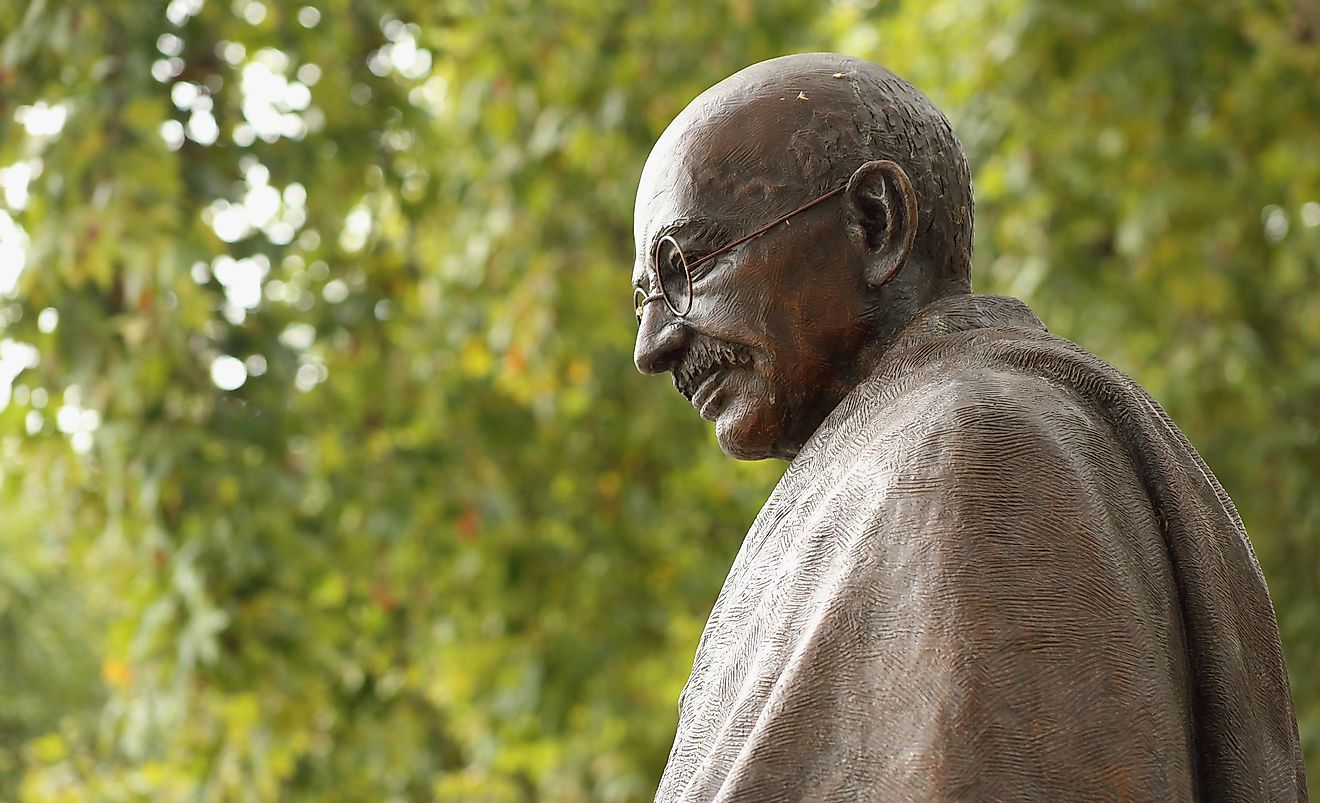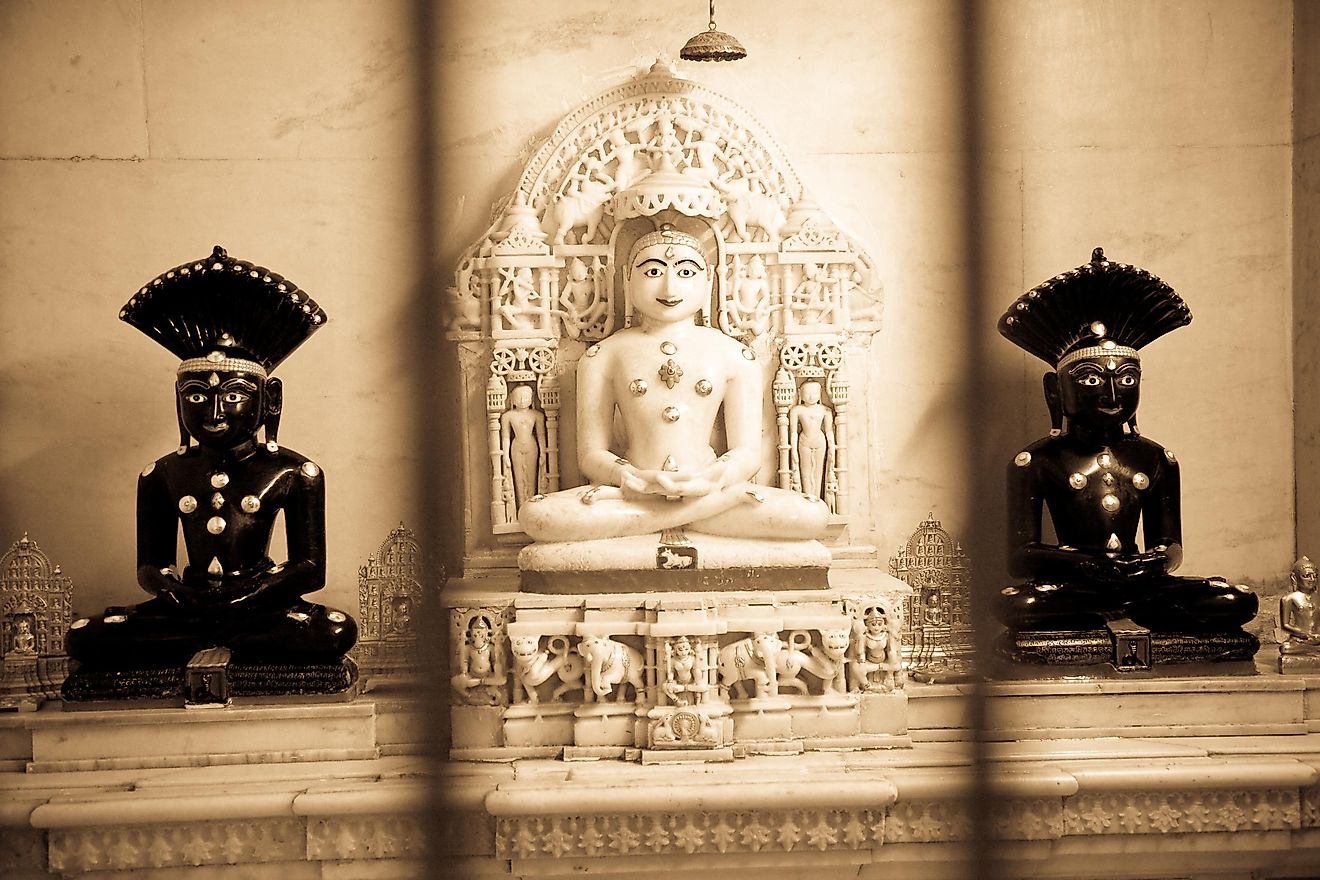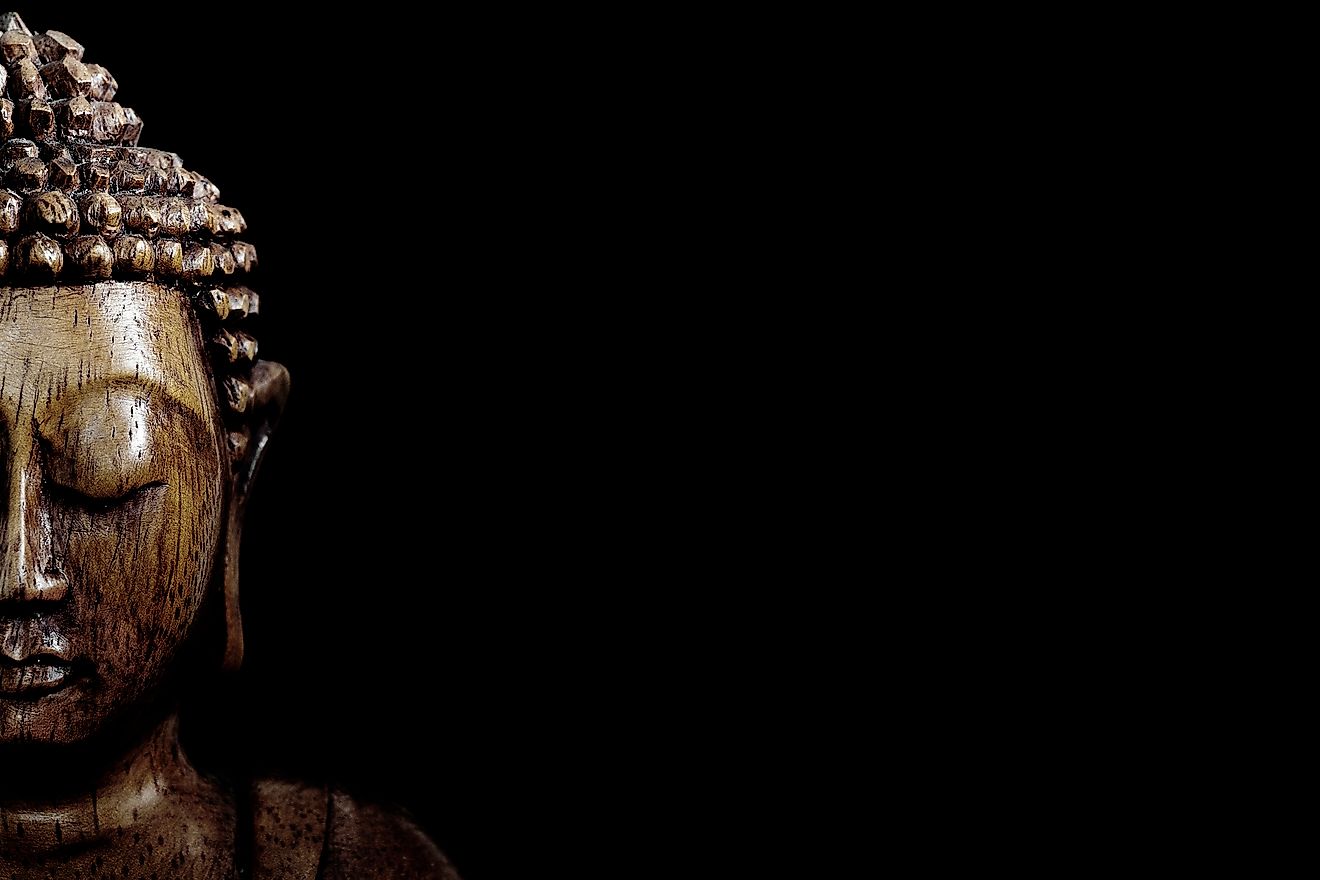Leaders Who Promoted World Peace And Non-violence

In a world that sometimes seems full of violence against humanity, it can be good to remember that this negativity is not a constant truth. In fact, it is more often than not that peace and nonviolence have led successful revolutions for change. Below is a look at 5 famous leaders who are known for their promotion of nonviolent protest against unfair treatment.
5. Dalai Lama

The Dalai Lama is the spiritual leader of Buddhists in Tibet and important political leader. Faced with a strong opposition and threatened with assassination, the Dalai Lama and his followers were forced to flee the country and now live in Dharamsala in northern India. From here, these individuals have established an alternative Tibetan government, or government-in-exile. This government has created a type of Bill of Rights for other Tibetans living in exile, which includes the freedom of assembly, movement, free speech, and religious observation.
The Dalai Lama stayed true to his message of nonviolent resistance, humanitarian outreach, and love and compassion for mankind. He travels the world spreading public awareness about the plight of Tibetans through books, conferences, workshops, and lectures. In each of his public appearances, the Dalai Lama relays the importance of religious tolerance and understanding around the world. His plan for the independence of Tibet, known as the Five Point Peace Plan, outlines a peaceful approach to reconciliation with China. In it, he suggests that Tibet exist as a sanctuary of peaceful coexistence and environmental preservation. He became a Nobel Peace Prize recipient in 1989.
4. Martin Luther King Jr.

Martin Luther King, Jr. was a famous nonviolent civil rights activist and Baptist minister. He led the peaceful resistance against racial segregation policies in the US during the 1950’s and 1960s. Martin Luther King, Jr. promoted the idea of racial equality and led civil disobedience protests and demonstrations to fight against political injustice. He traveled around the country organizing civil rights protesters and giving speeches. His most famous speech, “I Have a Dream”, highlighted the idea that all people could and should one day be equal as brothers. He gave this speech on August 28, 1963 at the Lincoln Memorial in Washington, DC, bringing together more than 200,000 participants.
He is often noted for his nonviolent activism which brought about significant change in US civil rights, leading to the abolition of legal segregation of African American citizens. Additionally, he is responsible for the implementation of the Civil Rights Act of 1964 and the Voting Rights Act of 1965. King was awarded the Nobel Peace Prize in 1964. He was assassinated in 1968. Martin Luther King, Jr. continues to be remembered as a peaceful political leader who dedicated his life to achieving social justice. A US federal holiday has been established in his honor and several public buildings, schools and memorials have been named after him.
3. Mahatma Gandhi

Mahatma Gandhi is perhaps one of the most revered nonviolent leaders in the world. He led the movement for the independence of India from Great Britain and his peaceful protests have since become the framework for nonviolent civil disobedience around the world. He organized massive boycotts throughout India, including: calling on parents to stop taking their children to public school, telling Indian public officials to stop working for the British government, requesting military members to resign from their positions, and requesting citizens to stop paying taxes and to refuse to buy British products. He also worked to promote peace between Muslims and Hindus.
On of Gandhi’s most symbolic acts was the Salt March, which led protesters to walk 240 miles to the Arabian Sea to evaporate seawater and collect the remaining salt, defying the British Salt Acts. The march began with 24 people and grew to over 60,000 by the time they reached the sea. At 78 years of age, Gandhi was assassinated by a fellow Hindu who did not believe in peaceful unity with Muslims. The memory of Gandhi and his form of peaceful civil disobedience lives on, inspiring and giving hope to marginalized communities around the globe.
2. Jain Tirthankara Rishabhanatha

Rishabhanatha was the first Teaching God (Tirthankara) of Jainism during its current half cycle. According to India’s first Vice President, records indicate that Rishabhanatha was being worshipped as long ago as the 1st century BC. He played a significant role in the development of society during that time, encouraging the shift from a tribal lifestyle to a more organized one. His kingdom was known to be friendly and peaceful.
Despite having the physical stature of a warrior, Rishabhanatha is remembered for promoting nonviolence and peace. He is believed to have lived an austere lifestyle and Jainist legend suggests that he did this for a thousand years. During this time, he both reached omniscience and spread the message of Jainism, which is one of nonviolence, non-possessiveness, and non-absolutism. Followers of Jainism continue to follow this lifestyle, practicing vegetarianism, prayer, meditation, and peaceful interaction with other humans.
1. Gautama Buddha

Gautama Buddha, born Siddhartha Gautama in 6th century B.C.E, was a spiritual leader whose teachings founded the Buddhist religion. He began his adult life by studying and practicing various religious teachings and living an ascetic (absent from indulgence) lifestyle. This led to his role as a religious leader. However, unable to reach inner enlightenment through his ascetic lifestyle, Gautama began to practice a more moderate way of living. When this helped him reach some understanding of himself and the world, he began to teach that life should be lived in balance (called the “Middle Way”) rather than in extreme forms.
Seeking the answers to his questions about human suffering, Gautama meditated one night until he reached pure enlightenment. In this moment, he became known as Buddha and went on to teach what he had learned. His new teachings are known as the Eightfold Path and the Four Noble Truths. These have become the foundation of Buddhism. Buddha promoted unity within his followers, allowing all classes, races, sexes, and backgrounds to join the movement. His goal of ending human suffering and reaching spiritual awakening has gone on to influence several religious faiths, as well as spiritual literature and philosophical teachings.











